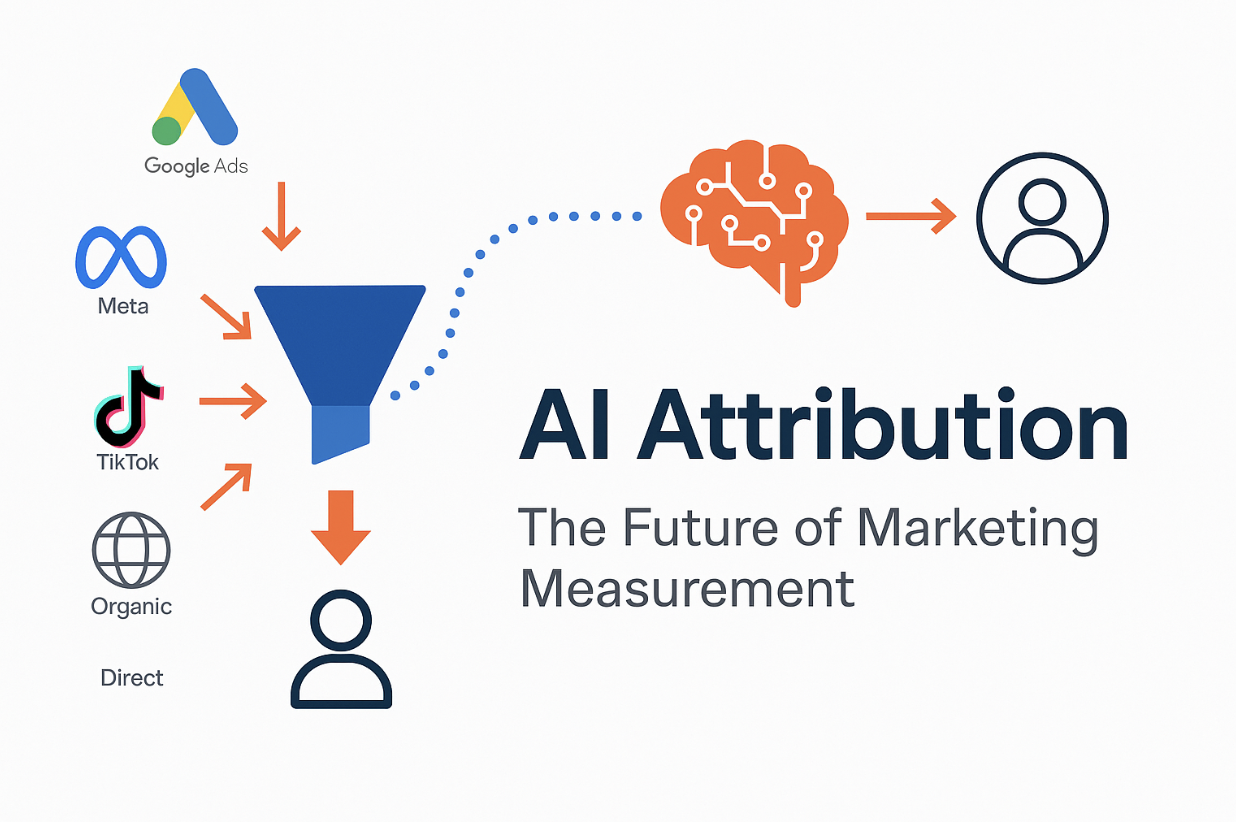
Every marketer has been there: you launch a campaign, traffic spikes, excitement builds… and then you open your analytics dashboard only to find half of it lumped into “Direct.”
It’s not that thousands of people suddenly typed your URL into their browser bar. More often, it’s because your campaign links weren’t tagged consistently with UTMs.
This is where UTM standardization comes in. It’s not flashy, but it’s one of the most powerful levers for making campaign data trustworthy, and for protecting your marketing budget.
Why UTMs Deserve More Attention
Think of UTMs as the shipping labels on your campaign traffic. Without a standard system, one link might show up as fb / paid, another as facebook/cpc, and yet another as meta/ads.
To your analytics platform, those aren’t the same thing. Instead of one clear stream of traffic from Facebook Ads, you get three separate buckets. The result? Splintered reports and an incomplete picture of what’s really driving conversions.
That disconnect has real consequences:
- Budgets get misallocated. Channels that appear weak lose funding, even if they are delivering.
- Top-of-funnel gets undervalued. Awareness campaigns often look like money pits, when in reality they’re nudging people toward later conversions.
- Growth slows. Teams make decisions on messy data, and strategy suffers.
In short, UTMs are small details with big financial impact.
The Mistakes We See Most Often
- Loose naming habits
Teams bounce between abbreviations and full names (fb vs facebook). - No central reference
Each agency or freelancer invents their own version of tags. - Missed tags
A single untagged link can send high-value conversions into the black hole of “Direct.” - Overcomplicated UTMs
Trying to track every variable leads to bloated, unreadable URLs that no one wants to use.
None of these are complex problems, but left unchecked, they cost accuracy and money.
Building a Smarter UTM Framework
The good news: standardization doesn’t have to be complex. A practical, lightweight approach usually works best:
- Set a clear rulebook. Define once how you’ll name source, medium, and campaign. Example: facebook / cpc / fall_sale / carousel.
- Make it easy to follow. Use a shared UTM builder sheet or a campaign URL generator so no one is guessing.
- Get buy-in early. Share the rules with agencies, contractors, and internal teams. UTMs only work if everyone plays by the same playbook.
- Audit regularly. Run a quick monthly check in GA4 or Looker Studio to catch anomalies before they pile up.
The Impact of Doing It Right
We’ve seen this play out firsthand.
One subscription SaaS brand was frustrated by inflated “Direct” traffic. They assumed paid campaigns weren’t delivering, and the budget was on the chopping block. After cleaning up UTMs, nearly 20% of those “mystery” conversions were correctly reattributed to paid campaigns.
That single fix shifted the entire budget conversation: paid wasn’t underperforming, it was pulling more weight than expected.
No new ads. No extra spend. Just cleaner tracking.
Closing Thought
In digital marketing, it’s easy to chase the next shiny tool or tactic. But the biggest wins often come from fixing the basics.
UTM standardization doesn’t just tidy up your reports, it gives you the confidence to invest where the data proves results. It’s the unsung hero of campaign tracking, and mastering it will save you from making decisions in the dark.


